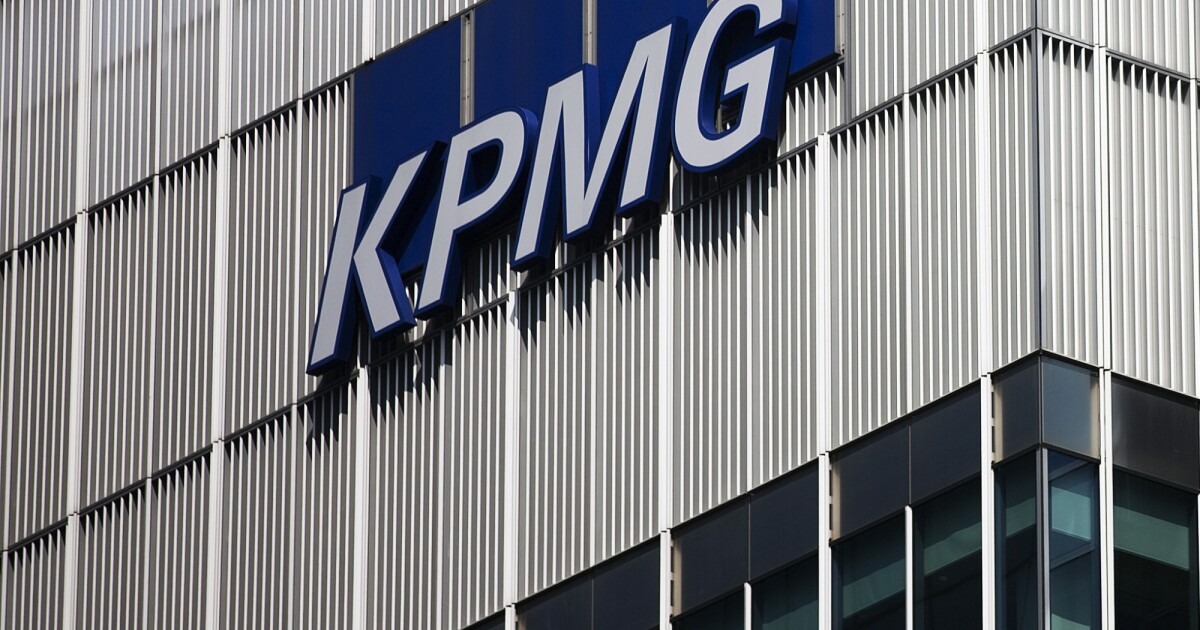First National Bank of Pennsylvania discriminated against Black and Latino homebuyers in North Carolina for a period of at least four years, the Justice Department said Monday, the latest in a long list of banks who have been caught redlining.
The Justice Department said FNB will pay $13.5 million to settle the redlining charges, of which the bulk will go into a fund to help subsidize loans for Black and Latino borrowers in Charlotte and Winston-Salem, two housing markets where the DOJ found discrimination.
In its complaint, the DOJ alleges that First National closed branches in majority-minority neighborhoods, failed to provide mortgage services to Black and Latino potential borrowers, and ignored entire neighborhoods for potential lending. The DOJ found that lenders of similar size and scope to First National did two to four times as much lending to minority borrowers between 2017 and 2021 as First National.
The case comes from when FNB bought Yadkin Bank, a regional bank in the Carolinas, in 2017. While FNB says the bad behavior happened at Yadkin before the acquisition, the DOJ said that any bank that buys another bank should be held accountable for the acquired bank’s actions.
“The playing field isn’t level, and that is not what we want for the people of North Carolina,” said Josh Stein, North Carolina’s Attorney General.
This is the 13th redlining settlement that the Biden Administration has brought against banks since 2021. Under Attorney General Merrick Garland, the Justice Department has created a Redlining Taskforce to focus on racial discrimination in financial services in a way that few administrations have done so in the past.
The DOJ brought the largest redlining lawsuit in history in 2023 against Los Angeles-based City National Bank, which was also found to have discriminated against Black and Latino communities over a similar time period, from 2017 to 2020.
The Taskforce has brought in $122 million in redlining settlements since it was created, the DOJ said.
“Modern-day redlining is a stain on our economy and underscores the need to keep pushing for equal economic opportunity and racial justice in our country,” said Assistant Attorney General Kristen Clarke, in the DOJ’s Civil Rights Division.
In a statement, FNB spokesperson Jennifer Reel said the company disagreed with the DOJ’s findings, saying it believed it was fully compliant with federal and state lending laws. However, it settled the case in order to put the matter behind them.
“We cooperated fully to reach an agreement in this inherited matter as a good faith effort to avoid prolonged litigation,” Reel said.
Credit: Source link











